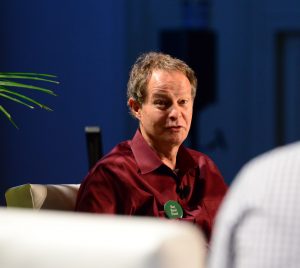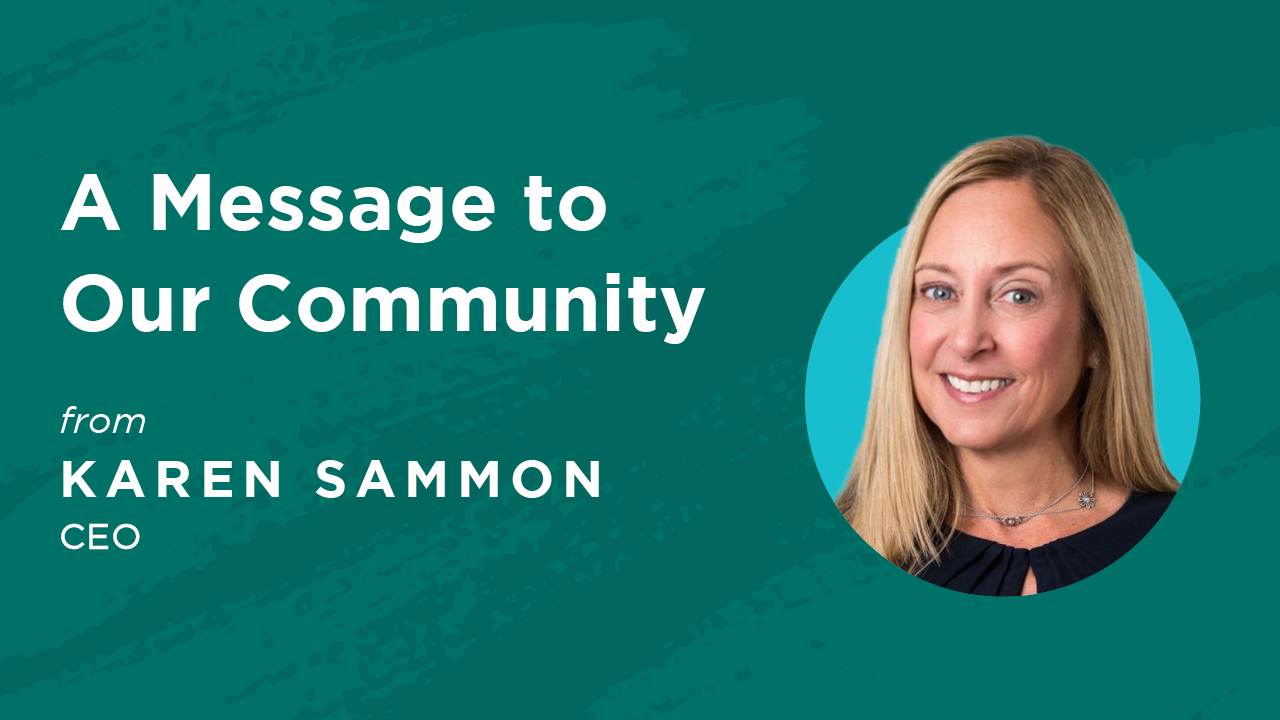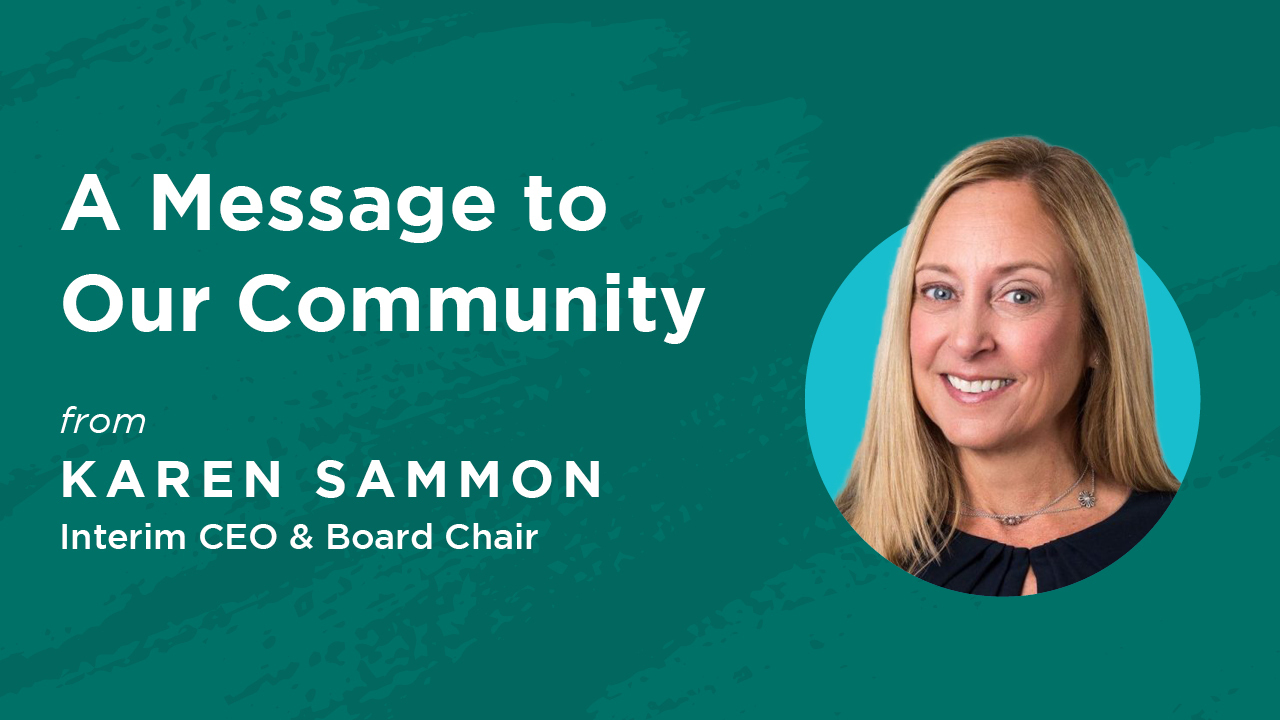The following is a statement on the Amazon-Whole Foods Market merger from Conscious Capitalism, Inc. co-CEOs Alexander McCobin & Doug Rauch. We encourage you to share with anyone who might want to know what this decision means for the Conscious Capitalism movement.
Amazon and Whole Foods Market Bring Two Types of ‘Consciousness’ Together
– And That’s Good for Capitalism
Dear Conscious Capitalism Community,

Since last Friday’s announcement of Amazon’s bid to purchase Whole Foods Market, we’ve received a number of inquiries from our community wondering what this means for us, the Conscious Capitalism movement that aims to elevate humanity through business, co-founded by Whole Foods CEO, John Mackey. With the dust beginning to settle around the media’s initial frenzy over the deal, and with rationale behind the merger coming into light from both companies, we are highly optimistic about the potential this strategic partnership has for Conscious Capitalism. Here’s why:
Conscious Capitalism Now Has a Seat at the Table of World’s Most Innovative Company
Amazon founder and CEO, Jeff Bezos has said of the acquisition:
Millions of people love Whole Foods Market because they offer the best natural and organic foods, and they make it fun to eat healthy. Whole Foods Market has been satisfying, delighting and nourishing customers for nearly four decades – they’re doing an amazing job and we want that to continue.
As Mackey outlines in Conscious Capitalism: Liberating the Heroic Spirit of Business (which he co-authored with FW Olin distinguished professor of Global Business and Whole Foods Market research scholar in Conscious Capitalism at Babson College, Raj Sisodia) much of Whole Foods’ success is due to its embodiment of Conscious Capitalism’s four tenets: Higher Purpose, Stakeholder Orientation, Conscious Leadership and Conscious Culture. In order for Amazon’s investment in Whole Foods to pay off, Bezos must make good on his promise to empower Mackey toward nurturing and growing the very culture, stakeholder and leadership practices which enable the company to deliver on its purpose.
Mackey now has the opportunity to influence and encourage the chief executive of the world’s most innovative company and the world’s third largest retailer to consider adopting some of the Conscious Capitalism practices that helped Whole Foods land on Fortune & Great Place to Work’s “Best Companies to Work For” list 20 years in a row. We eagerly look forward to engaging with Bezos and his fellow division leaders as to how Conscious Capitalism can help Amazon earn its way onto such lists as they simultaneously continue to deliver on Amazon’s own mission to be the most customer-centric company on Earth.
Conscious Capitalism is Greater Than Any One Single Company
Amazon’s willingness to pay nearly $14 billion to acquire Whole Foods Market is a clear indication it views the purpose-driven grocer’s success as vital to Amazon’s future plans. And that’s good news for the Conscious Capitalism movement’s future, too.
However, Whole Foods Market is but one of thousands of businesses comprised of people who believe that a more conscious approach to capitalism can indeed lead to a world in which business is both practiced and perceived as a force for good. Notable major brands like Starbucks, Southwest Airlines, Interstate Batteries, REI, The Container Store, Tata, Virgin and Costco have made public commitments to be more “conscious” stewards of capitalism. More encouraging is the much larger and rapidly growing number of small and mid-sized businesses that comprise the majority of our global economy who are following suit.
We believe Amazon’s acquisition of Whole Foods illustrates a value even the largest of publicly traded companies will find in truly conscious brands. Whether through acquisition, partnerships or emulation, we envision a future in which the more businesses practice Conscious Capitalism the more opportunities the philosophy will have to influence and impact otherwise less conscious businesses. And with more conscious businesses in the world, the more capitalism will be viewed as the force for good we know it has the potential to be when practiced consciously.
While No Company is Perfect, Conscious Capitalism Provides a Way to Elevate Humanity Through Business
Even the most conscious of businesses are not guaranteed unlimited financial success. We have never promoted Conscious Capitalism that way, and we believe it would be naïve and misleading to do so. What Conscious Capitalism is, however, is a better way to do business—an approach that puts the most powerful economic system ever known to man to work toward achieving a higher purpose beyond just profit.
Financial success aside, Whole Foods’ conscious approach to business exemplifies a comprehensive practice of stakeholder orientation, creating win-win-win relationships with employees, suppliers and the communities within which they operate stores. But even Mackey acknowledged in a town hall meeting hosted the day of the Amazon announcement that Whole Foods must focus more on meeting the needs of its customers. And, of course, that’s where Amazon shines. While chief executives from both companies agreed they have much to learn from each other in the town hall, Mackey is clear in his excitement for how he thinks Whole Foods customers will benefit:
I think we’re gonna get a lot of those innovations in our stores. I think we’re gonna see a lotta technology. I think you’re gonna see Whole Foods Market evolve in leaps and bounds. It’s gonna be an amazing thing for our customers, the type of things that we’re gonna be able to do.
Both companies have had their bouts with decisions that were not received by their stakeholders as being necessarily as ‘conscious’ as they should have been. But a key trait of a conscious leader is to recognize the need for change and to find ways to constantly evolve and better align the business with its purpose. We see both Whole Foods’ choice to seek a suitor with the customer-orientation that Amazon brings to the table and Amazon’s decision to invest greatly in a business with perhaps the most exemplary Conscious Culture in the grocery industry as an indication of good things to come.
Whole Foods’ Journey Is a Lesson for all Conscious Capitalists
By nearly any measure other than short-term stock price, Whole Foods is a wildly successful company. In fiscal year 2016, the Company had sales of approximately $16 billion, operated more than 460 stores in the United States, Canada, and the United Kingdom, and employed approximately 87,000 team members.
But even the most successful of companies are faced with challenges and difficult decisions. One of the greatest dilemmas for a conscious leader is determining financial ownership of the business. As Mackey said during a “Get Real with…” session this past April at Conscious Capitalism 2017:
Evaluate your investors very carefully. If you don’t choose the right investors and/or partners, there will be a steep price to pay. Your dream and your company can be shattered.
You can read more about how he viewed the predicament he was facing in the months prior to the merger in the Triple Pundit article, “Chose Conscious Investors or Risk Losing Your Dream.”
Faced with a difficult decision, Mackey appears to have taken Whole Foods’ future into his own hands. In last week’s town hall, he detailed why Amazon is his suitor-of-preference to give the company its best chance for continuing to be an example of Conscious Capitalism:
We’re gonna make a big difference in the food industry. It’s gonna be a very exciting—very exciting thing…We do think our partnership with Amazon is gonna help us do that more skillfully and, hopefully, faster…one thing I absolutely love, love so much about Amazon is they think long term. They have had the courage that almost no other public company has had the courage to, basically, resist the drumbeat of short-term, quarterly earnings that have had us trapped here for a couple of years.
So, What Does This Mean for Conscious Capitalism?
The world is and forever will be in a state of change. Businesses, whether conscious or unconscious, which may be deemed successful today may not even exist in 20 years due to the realities of market demand and innovation. However, if we are to ever realize a world in which humanity can flourish to its full capacity, we must commit to not only becoming more conscious of the interconnectivity between all living things on earth but also commit to harnessing in the most conscious ways possible the undeniably powerful economic engine that is capitalism.
We are excited about this new opportunity to both influence the world’s largest internet retailer and to establish Conscious Capitalism as a viable economic philosophy being practiced by thousands of companies around the world. Whatever lies ahead for Whole Foods, we believe both its example and the examples all of the other businesses who have committed to a more conscious practice of capitalism have been unarguably successful in ushering a new era of business as a force for good. No matter what changes may happen to a single company, one thing will always remain constant: Conscious Capitalism is simply a better way to do business.
Sincerely,
Alexander McCobin & Doug Rauch
Co-CEOs, Conscious Capitalism, Inc.


